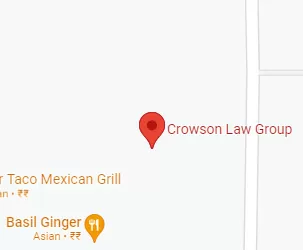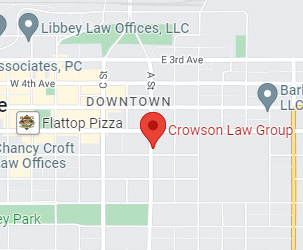The Discovery Process and Deposition Basics

The parties to a lawsuit have the right to find out or learn more about a case through the discovery process. Consulting a car accident personal injury lawyer and having access to pre-trial information helps the parties involved in an accident prepare themselves for trial and make better choices.
The discovery process can help the opposing sides settle without going to trial. Discovery can be in different forms, the common being subpoenas, interrogatories (questions), and depositions –– statement of a witness under oath. For more about the discovery process, you should consider consulting a car accident personal injury lawyer.
Deposition–– Basics
A deposition is a statement from a witness about the case, unlike interrogatories, which are recorded information. Depositions play two major roles:
- Establishing what a witness knows; and
- Preserving the testimony of a witness.
In simple terms, help the parties to a case learn and understand the facts of a case before the trial. This process ensures that no one is surprised once the witness takes the stand. Why? Surprising the witness during trial is considered unfair. Simply put, the parties to a lawsuit must be on the same page before a trial begins.
A deposition doesn’t only help in getting favorable testimony but also helps in understanding the case better. Top of FormBottom of FormDepositions take place in attorneys’ offices and not in courtrooms. An attorney typically asks the witness several questions related to the facts of the case and a court reporter records everything word-for-word.
The court reporter should be present throughout the entire process and they are required to produce transcripts later– a deposition can also be recorded in other ways like video. This usually occurs when the deponent is incapacitated and may not stand trial, or if the deponent is otherwise unavailable to attend a trial.
The parties to the case can attend the deposition and deponents usually have their attorney present but the attorney’s role is minimal–not like what they do in a courtroom. The questions asked during deposition can have a wider scope than what’s allowed in court. Also, an attorney representing a deponent or the parties to the lawsuit can object to some inquiries. However, the deponent is required by the court to answer all valid questions despite the objections.
Depositions can last hours, weeks, or more–it all depends on the facts of a case. However depositions involve serious matters and that said, deponents should be keen, listen to questions carefully, and respond precisely. Also, remember deponents are usually under oath, so anything you say can be used against you. In other words, a false statement made under oath can impact your case as it can result in both civil and criminal penalties–depending on the falsehood.
Victims of car accidents should involve car accident attorneys when pursuing an injury claim. A legal professional specializing in car accident claims can assess/ review your case and help you in many ways, such as recommending an ideal legal solution, providing legal counsel and more.


